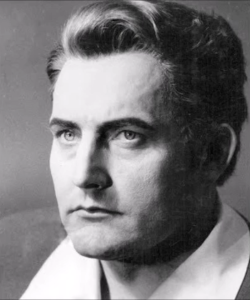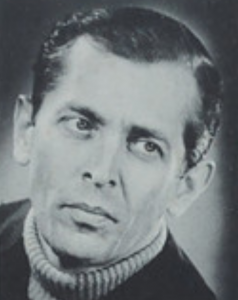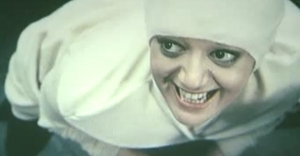Podcast: Play in new window | Download (Duration: 1:39:35 — 112.9MB) | Embed
Subscribe: Spotify | TuneIn | RSS | More
Since posting a tribute to German heldentenor Ernst Kozub last year, I have continued combing through both his live and studio output and I have concluded that his work in Verdi is at least as good as his work in Wagner. And that’s saying something! I have a wonderful setlist here which features the great Heldentenor singing everything from the lyric tenor parts of Alfredo in La Traviata and the Duke (or should I say the Herzog?!) in Rigoletto to the dramatic roles of Manrico in Der Troubadour, Radames in Aida and the title role of Otello. Between these two extremes, arias from Luisa Miller, Macbeth, and Ein Maskenball ring out with vigor and even some occasional subtlety! Excerpts from live performances of Don Carlos and La forza del destino (the only Verdi heard here in Italian) from the stage of the Hamburg Opera (where Kozub was fest between 1962 and his premature death in 1971) are a special treat, especially with in duet with phenomenal (though nearly forgotten) colleagues Norman Mittelmann, Vladimir Ruždjak, and Edith Lang (who will be featured next week in an upcoming episode). Legendary German stars Rita Streich and Franz Crass are also heard opposite Kozub in the recording studio. The episode opens with George London singing an excerpt from Mendelssohn’s Elias under the baton of the late Christoph von Dohnányi, who died over the weekend two days before his 96th birthday.
Countermelody is a podcast devoted to the glory and the power of the human voice raised in song. Singer and vocal aficionado Daniel Gundlach explores great singers of the past and present focusing in particular on those who are less well-remembered today than they should be. Daniel’s lifetime in music as a professional countertenor, pianist, vocal coach, voice teacher, and author yields an exciting array of anecdotes, impressions, and “inside stories.” At Countermelody’s core is the celebration of great singers of all stripes, their instruments, and the connection they make to the words they sing. By clicking on the following link (https://linktr.ee/CountermelodyPodcast) you can find the dedicated Countermelody website which contains additional content including artist photos and episode setlists. The link will also take you to Countermelody’s Patreon page, where you can pledge your monthly or yearly support at whatever level you can afford.



